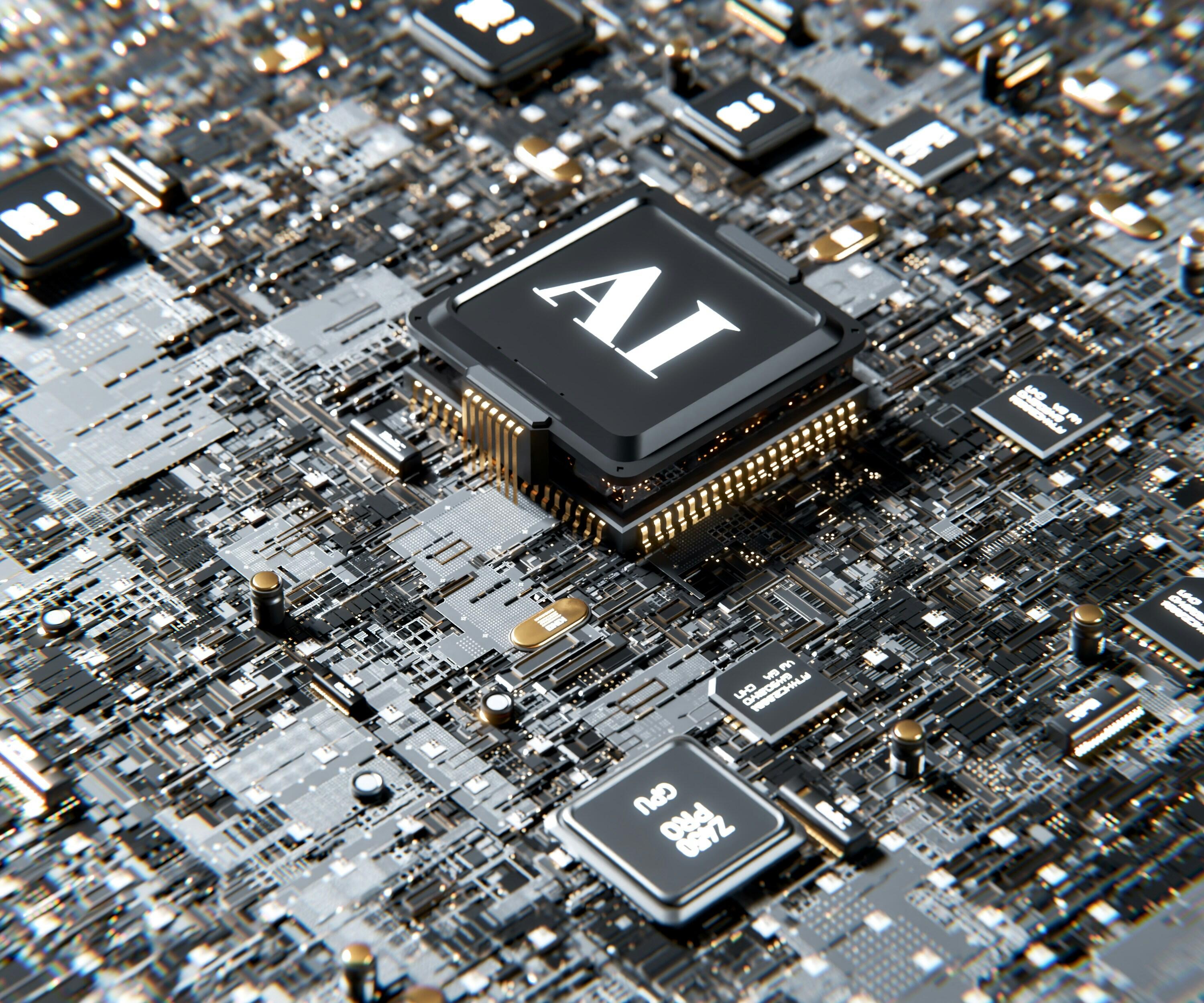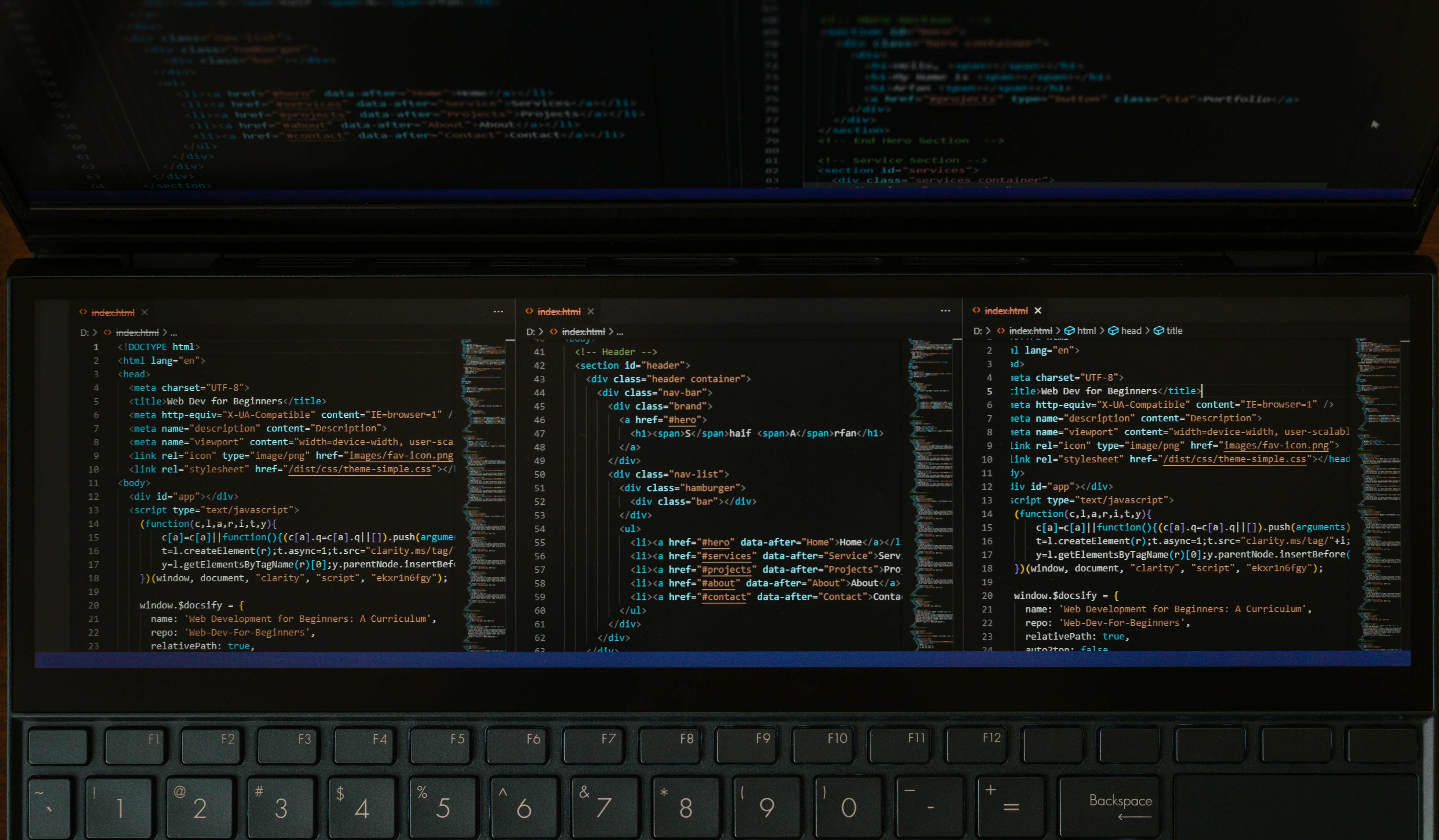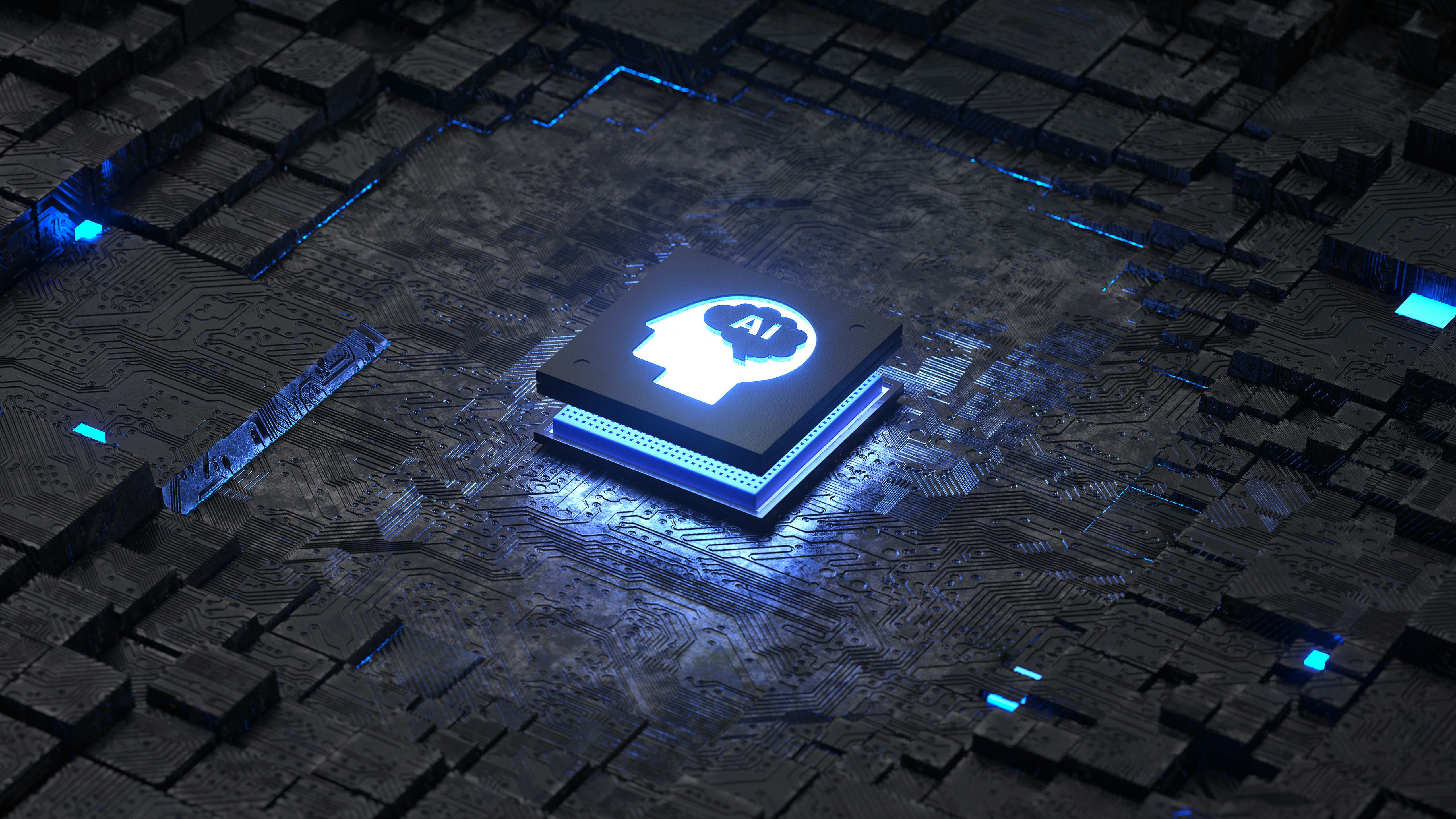
What Skills to Look for When Hiring an AI Engineer
08 Apr, 202510 minutesThe competition for skilled AI engineers is higher than ever. Companies are eager to hire pe...

The competition for skilled AI engineers is higher than ever. Companies are eager to hire people who have the right technical skills. In a sector that is revolutionizing technology, finding niche talent isn’t easy. So, how do you know what to look for when hiring an AI engineer? Most importantly, how do you assess their skills and capabilities?
In this blog, we’ll go over the key skills AI engineers should have, including both technical and soft skills. Plus, we’ll share some practical tips for assessing candidates and explain how working with an AI staffing agency can help you find the best candidates quickly.
Essential Technical Skills to Expect from an AI Engineer
When hiring for AI engineer jobs, proficiency in specific technical areas forms the foundation of a candidate's qualifications. Identifying these skills upfront can save time and help you pinpoint the right talent.
Typically, you should look for:
1. Python Expertise
Python is often the preferred programming language for AI development. Why? Because it’s versatile, easy to learn, and has an extensive range of libraries and frameworks tailored for AI tasks. Libraries like NumPy, Pandas, and Scikit-learn are staples in an AI engineer’s toolkit. A strong candidate should demonstrate a working knowledge of Python and the ability to write clean, efficient, and scalable code.
A 2025 survey reveals that 77.4% of machine learning and AI engineers use Python, highlighting its importance as a key skill for AI engineers.
2. Familiarity with TensorFlow and Other AI Frameworks
TensorFlow is one of the most widely used frameworks in AI engineering. If you’re familiar with AI solutions, this is a name you’ll hear often. It allows developers to build machine learning models for small-scale projects or complex enterprise solutions. Besides TensorFlow, familiarity with frameworks like PyTorch or Keras is also valuable. Having experience with these tools shows a strong understanding of model training and optimization.
3. Machine Learning Expertise
At the center of any AI engineer skillset lies machine learning proficiency. This includes a thorough understanding of supervised and unsupervised learning techniques, neural networks, and natural language processing (NLP). Candidates should also be experienced in feature engineering, model evaluation, and performance tracking. Someone with hands-on experience is better equipped to handle real-world machine-learning challenges.
4. Knowledge of Cloud Computing Platforms
Cloud computing is key for AI development. AI engineers must often deploy models and manage large datasets, making cloud platforms like AWS, Google Cloud, or Microsoft Azure non-negotiable skills. Beyond basic familiarity, candidates should understand how to integrate models with cloud-based workflows for scalability and efficient data handling.
By looking for these core AI technical skills, you’ll ensure you’re starting with a solid foundation when considering potential hires.
The Importance of Mathematics, Data Science, and Statistical Analysis
While technical tools and programming get a lot of attention, the building blocks of AI stem from mathematics. A good AI engineer should have a solid understanding of linear algebra, calculus, and probability. These mathematical principles build the algorithms and computations that power machine learning models.
Equally important skills are data science and statistical analysis. AI engineers deal with massive datasets and processing large data is just as important as interpreting it. Skills in data manipulation, exploratory analysis, and hypothesis testing are essential parts of any AI engineer qualifications. Ultimately, the ability to gather actionable insights from data sets is what makes a successful AI engineer.
Why Soft Skills Matter When Hiring an AI Engineer
While technical skills might get immediate attention, soft skills often determine whether someone truly fits your team. As a hiring manager, you should not overlook this when considering AI engineer jobs or interviews. It’s important to remember that AI engineers aren’t working in isolation. They work with cross-functional teams, solve problems, and align AI solutions with business strategies.
1. Problem-Solving Ability
AI often involves facing unclear or undefined problems. A machine learning model rarely works perfectly the first time around, and debugging can require creative thinking. Strong problem-solving skills allow engineers to experiment and refine solutions until they succeed.
2. Adaptability
AI engineering also involves changes to technologies, methodologies, and project requirements. Nothing stays the same for long in AI. A skilled AI engineer should be adaptable enough to learn new approaches as projects change. For example, if a specific framework isn’t providing the needed results, they should offer alternatives or explore different algorithms.
3. Business Acumen
A great AI engineer knows how to build solutions that solve business problems. What’s the purpose of AI if it doesn’t add value? Business acumen ensures that AI solutions align with company goals and generate value. Whether it’s improving operational efficiency or enhancing customer experiences, engineers with this mindset tend to have a greater impact.
The strongest candidates bring the right mix of AI technical skills and soft skills to the table. The latter often can’t be taught, which is why it’s so important to assess them early in the interview process.
Tips for Assessing AI Engineers
Hiring an AI engineer can feel daunting when you're not entirely sure how to assess someone's skills. AI and robotics will replace 85 million jobs by 2025 but create 97 million new roles in AI development, data science, and human-AI collaboration. With this shift, assessing AI engineers effectively is essential to securing the right talent.
Resumes and portfolios are helpful, but they only tell part of the story. What follows are some practical ways to evaluate candidates for AI engineer jobs effectively:
1. Start with a Technical Interview
A technical interview should cover questions and tasks related to the key AI engineer skills we mentioned earlier. Speak with the candidate about specific algorithms, frameworks, and languages they know. Can they explain how they would approach deploying a machine-learning model into production? Ask them to whiteboard a solution to a problem, as this provides insight into their problem-solving process and ability to collaborate.
Example Questions:
- Can you talk us through the steps involved in deploying a machine-learning model to production?
- How would you handle model drift in a production environment?
- What are the differences between supervised, unsupervised, and reinforcement learning? Can you provide an example of when you would use each?
2. Present Real-World Challenges
Real-world scenarios are one of the best tools for assessing an AI engineer’s qualifications. During the interview, present a problem relevant to your company. This could be anything from cleaning messy data to designing a recommendation system. Look for candidates who can articulate their thought process clearly and demonstrate how their solution ties to business outcomes.
Example Real-World Challenges:
- How would you clean and preprocess an unstructured dataset with missing values and inconsistencies?
- Can you walk us through designing a basic recommendation system for an e-commerce platform?
- What steps would you take to optimize an underperforming machine learning model?
3. Don’t Skip Soft Skills Assessments
It’s tempting to focus only on AI technical skills, but ignoring soft skills can cause problems later down the line. Consider including behavioral questions in interviews or situational assessments to evaluate adaptability and problem-solving.
Example Questions:
- Tell us about a time when you had to explain a complex AI concept to a non-technical stakeholder. How did you approach it?
- Describe a situation where you faced a major challenge in an AI project. How did you handle it?
- How do you prioritize tasks when working on multiple AI projects with tight deadlines?
4. Test Collaboration Skills
Cross-functional collaboration plays a huge role in most AI projects. You might want to simulate small team-based activities or ask candidates to explain technical concepts to a non-technical audience. The ability to work with different teams and communicate ideas simply is an often overlooked part of the AI engineer skillset.
Example Questions:
- How would you explain the concept of deep learning to a product manager with no technical background?
- Have you ever worked on an AI project where you had to collaborate with teams outside of engineering? What challenges did you face?
- What steps do you take to ensure smooth communication between data scientists, software engineers, and business stakeholders?

The Role of Specialist AI Staffing Agencies
Finding talent isn’t always easy, especially for such a highly specialized role. Research suggests that 75% of companies are struggling to recruit AI talent. This is where working with an AI staffing agency like ours is an effective solution. An AI staffing agency provides a streamlined process to connect you with candidates who match your exact needs.
1. Pre-Vetted Candidates
Specialist AI staffing agencies have a database of candidates with the AI engineer skills you’re looking for. These individuals are often pre-vetted based on technical expertise, so you’re already working with highly qualified talent.
2. Cultural Fit
AI staffing professionals take the time to understand your company’s values and work environment. They then identify candidates who align with both your technical and interpersonal requirements.
3. Access to Hidden Talent Pools
Many AI engineers aren’t actively applying to jobs but are open to opportunities. Specialist AI staffing agencies often have access to this passive talent pool, opening doors to individuals you might not otherwise find.
4. Time and Cost Efficiency
Recruiting for AI engineer jobs takes time. From sorting resumes to conducting initial interviews, the process can draw resources away from your core business. By outsourcing the search to an AI staffing agency, you save valuable time and avoid delays in landing the right talent.
Working with a staffing agency ensures your hiring process focuses on candidates who meet both technical and cultural benchmarks. It ultimately leads to better long-term hires and less time spent backfilling roles.
Putting It All Together
When hiring an AI engineer, identifying the right skillset is critical to your company's success. Look for candidates with strong technical skills in Python, TensorFlow, machine learning, and cloud computing platforms. Pay attention to their knowledge of mathematics, data science, and statistical analysis, as these form the backbone of AI development.
Don’t overlook soft skills such as problem-solving, adaptability, and business acumen. These qualities often separate good engineers from exceptional ones. Use technical interviews and real-world challenges to evaluate their skills overall. If you find the hiring process too complex or time-consuming, consider enlisting the help of an AI staffing agency.
The first step is always identifying what matters most to your company. Your next hire could shape your AI-driven future, so setting the right criteria is essential. With the right tools, assessments, and staffing strategies, you can connect with the talent that will keep your business ahead of the curve.
Bring Innovation to Life with Skilled AI Engineers
Finding the right AI engineers can be the key to transforming your business, but it’s not always easy to spot the talent that will truly drive innovation and success. With our global networks and expertise you can trust, we connect you with exceptional AI professionals who align with your goals and vision.
Don’t leave your AI ambitions to chance. Contact us today and secure the talent you need.






